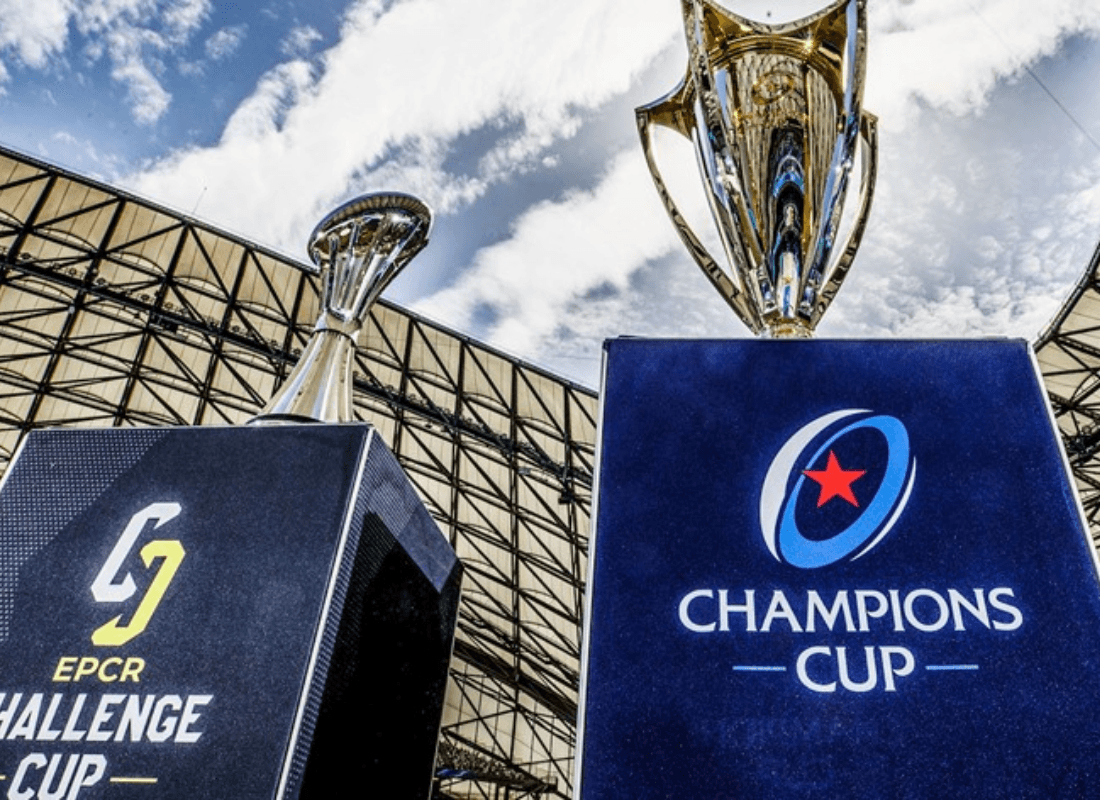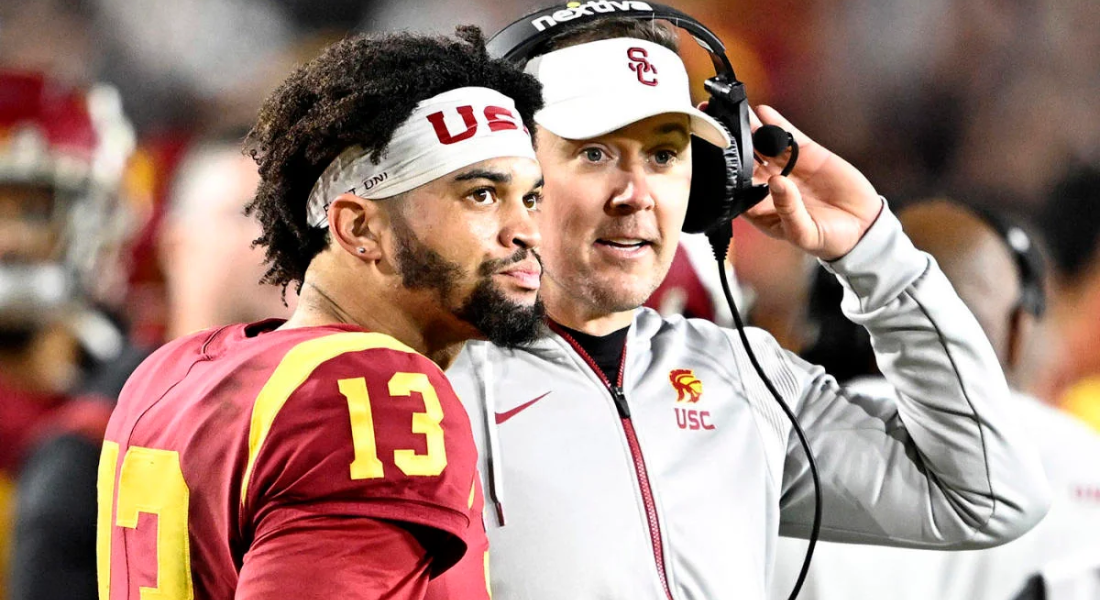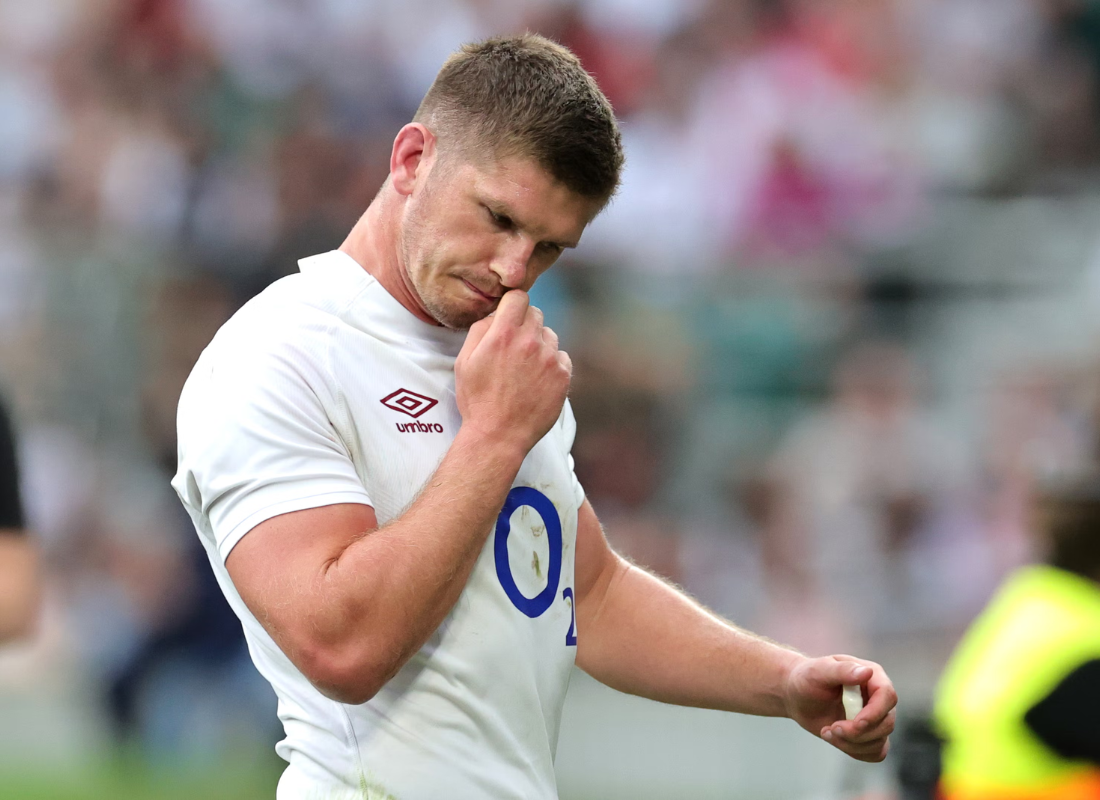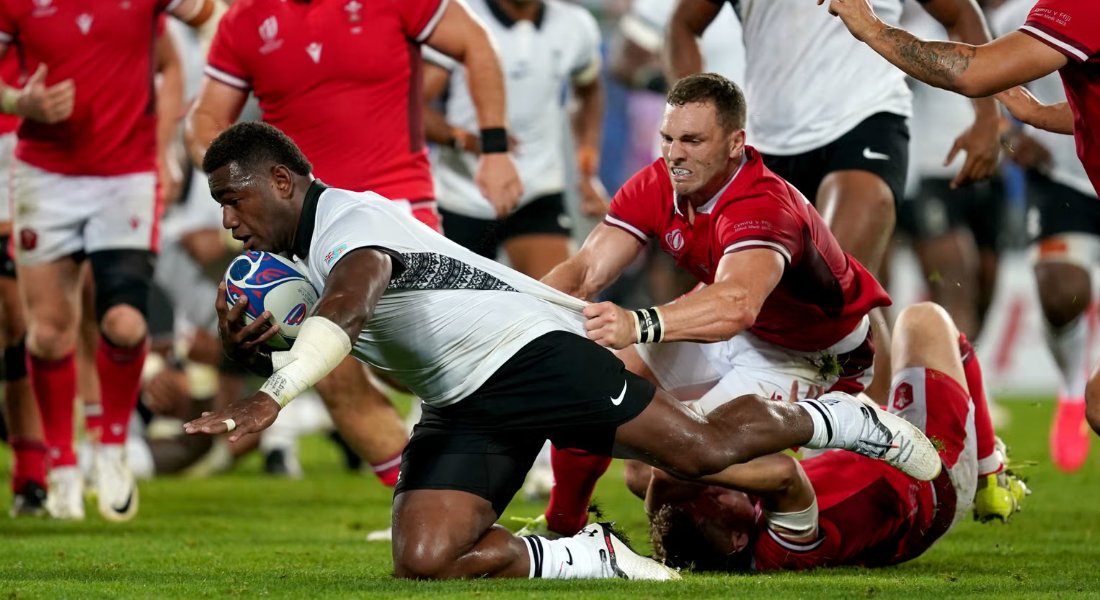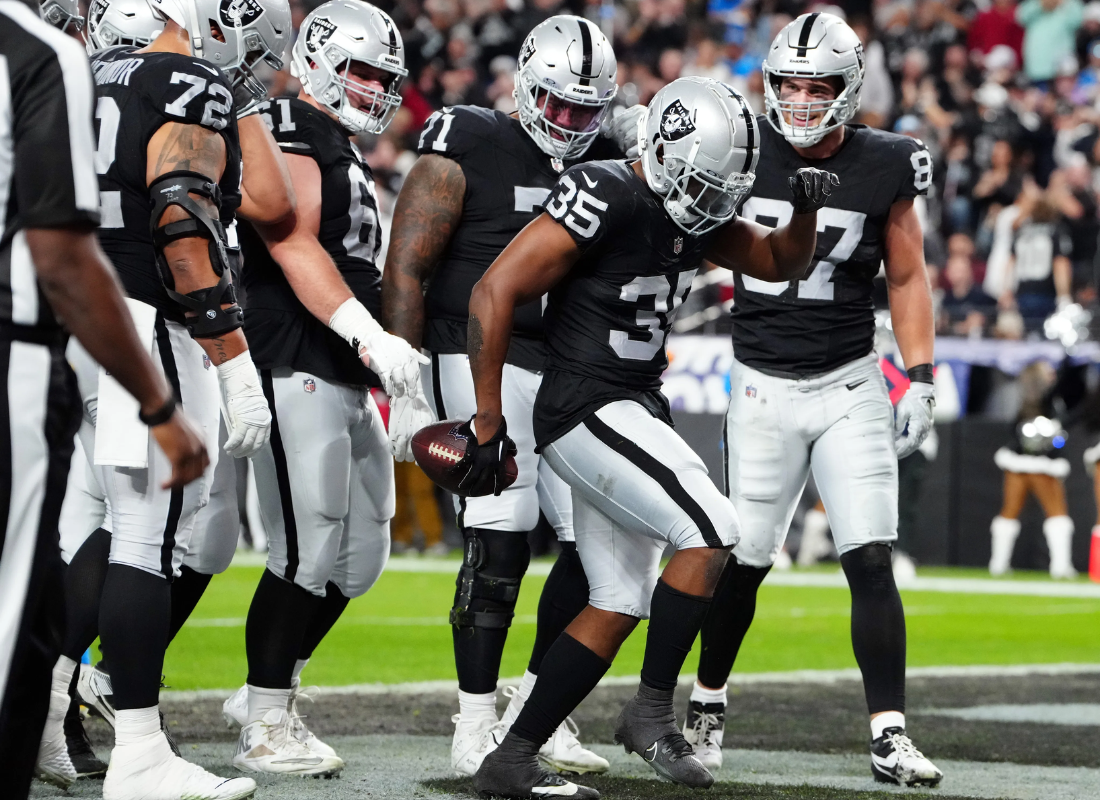EPCR, overseeing European rugby, recognizes these differing attitudes. Chairman Dominic McKay notes a growing affection for the competition among owners, emphasizing a commitment to tournament rules promoting the availability of the best players for every match. McKay highlights that decisions on player selection ultimately lie with the director of rugby and the head coach.
Established rules aim to ensure complete starting line-ups with top players, but enforcing them poses challenges. In the recent Champions Cup clash between Bordeaux Bègles and Connacht, prominent figures like Mathieu Jalibert and Damian Penaud played, while others were absent, including France World Cup regulars Yoram Moefana and Louis Bielle-Biarrey, and former Leinster and Australia lock Kane Douglas, all of whom started Bordeaux’s prior Top14 matches. Although not a fully secondary XV, the team was not at its strongest.
There has long been a perception that certain French and English clubs don’t prioritize European competitions, with exceptions like La Rochelle and Saracens. Irish provinces generally field robust XVs in Europe. The Champions Cup holds special significance in Ireland, whereas some abroad consider the URC less competitive, allowing Irish teams like Leinster or Munster to tactically rotate, unlike French and English clubs in their domestic leagues.
Happy Champions Cup Day 😍 pic.twitter.com/7bGxJbeUcb
— Champions Cup Stan Account (@EPCR_Stan) December 8, 2023
Despite participation agreements mandating teams to field their best XV and allowing for injury and reasonable rotation, sanctions have not been imposed for some time, even though teams occasionally push the limits.
In 2010, Montpellier faced repercussions for omitting French internationals like François Trinh-Duc, Fulgence Ouedraogo, and Julien Tomas from their Challenge Cup campaign, let alone featuring them in a specific match. The penalty was a €5,000 fine, a minimal amount for the Top14 club, and there have been no consequences since.
The COVID-19 pandemic introduced complexity to defining reasonable rotation. An outbreak in the Montpellier camp led them to field a team with academy players in 2022 against the RDS, with an exception granted despite the lopsided 89-7 scoreline. However, the political aspect is arguably more crucial.
Following the 2014 coup by French and English clubs that prompted the restructuring of European rugby, EPCR became more closely aligned with individual leagues like the URC, Premiership, and Top14. Formerly based in Dublin, EPCR’s headquarters fostered a perception of stronger ties to national unions. With closer partnerships with leagues, disciplining teams in those competitions has become politically challenging.
The competition’s format also contributes to the situation. Last season, Gloucester fielded a weakened side against Leinster, losing 57-0. Format changes during the COVID era allowed teams like Gloucester to lose two of four pool games and still progress. EPCR couldn’t penalize clubs for not taking matches seriously when they qualified for the knockouts. However, action could be taken if a head coach publicly acknowledged such tactical maneuvers.
This year, the format has changed again, reintroducing pool stages but with only four fixtures in the first round. Domestic TV rights demands on French and English clubs constrain EPCR’s calendar flexibility.
Despite these alterations, after 48 Champions Cup pool matches, only eight of 24 teams will be eliminated. The question remains whether structural changes will result in full-strength XVs every week. Team selections are likely to test the boundaries of the participation agreement, and recent history suggests it hasn’t become any easier for EPCR to enforce.
ALSO READ:
- Lawrence injures ankle in Jaguars’ Monday loss to Bengals
- Premier League Upset: West Ham rallies to beat Tottenham
- Everton against Newcastle: Analyzing the statistics

